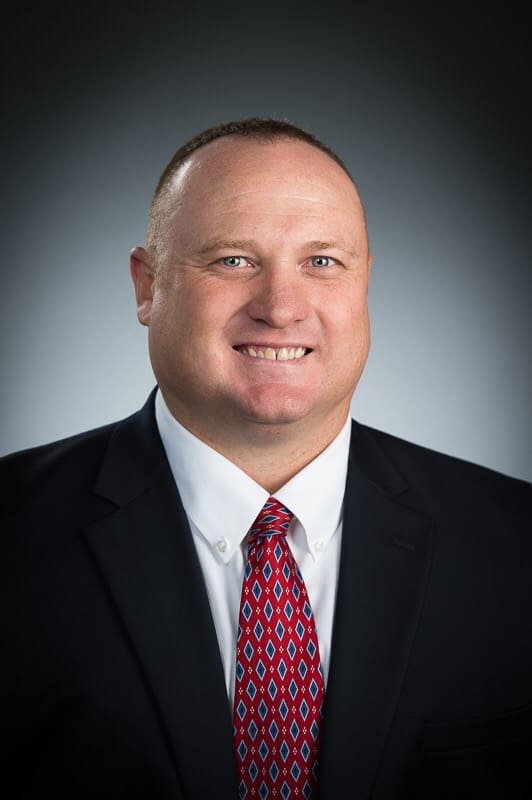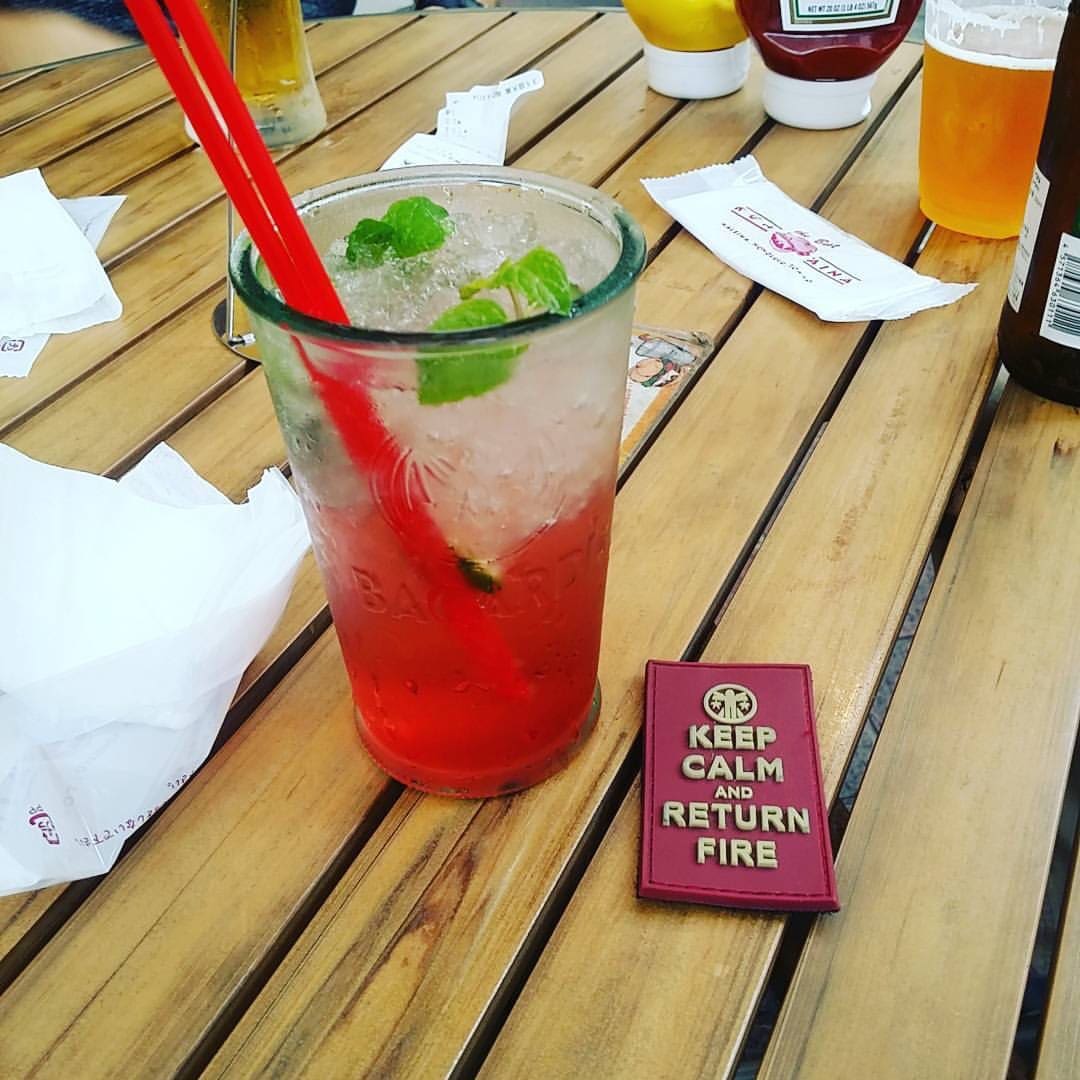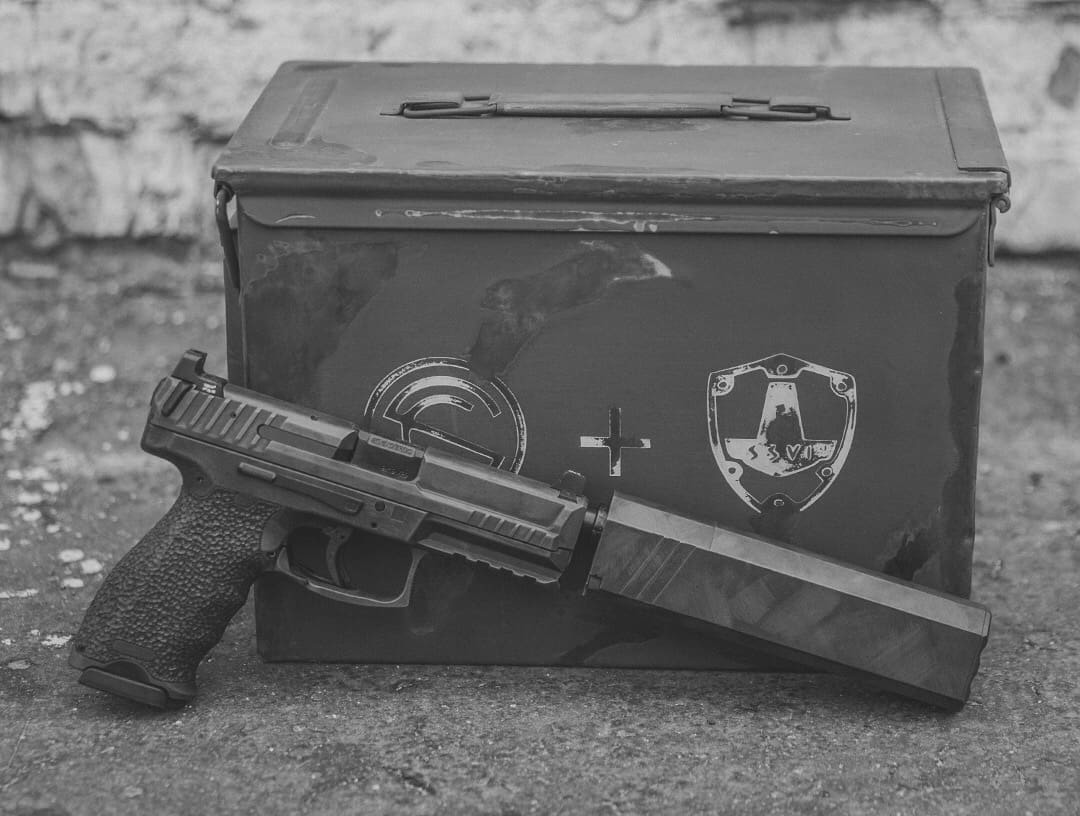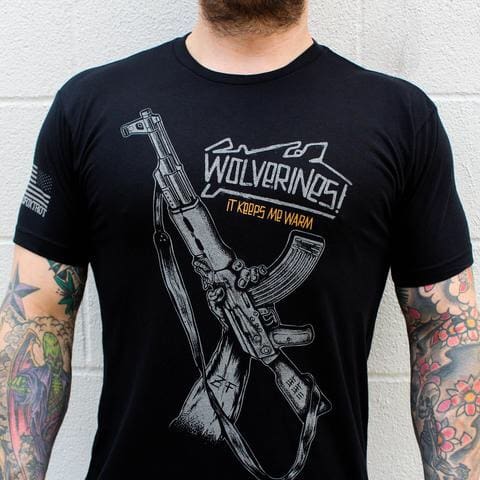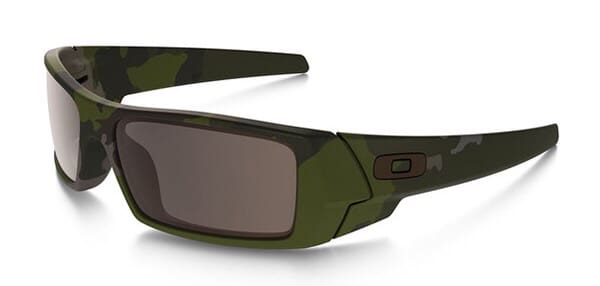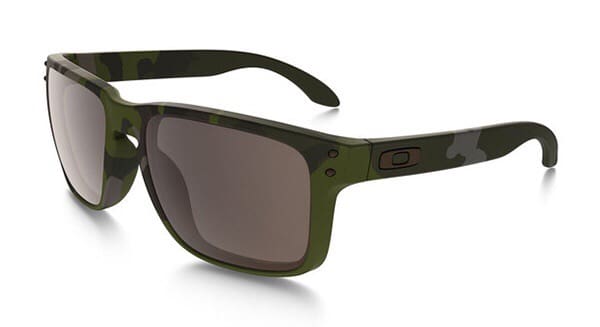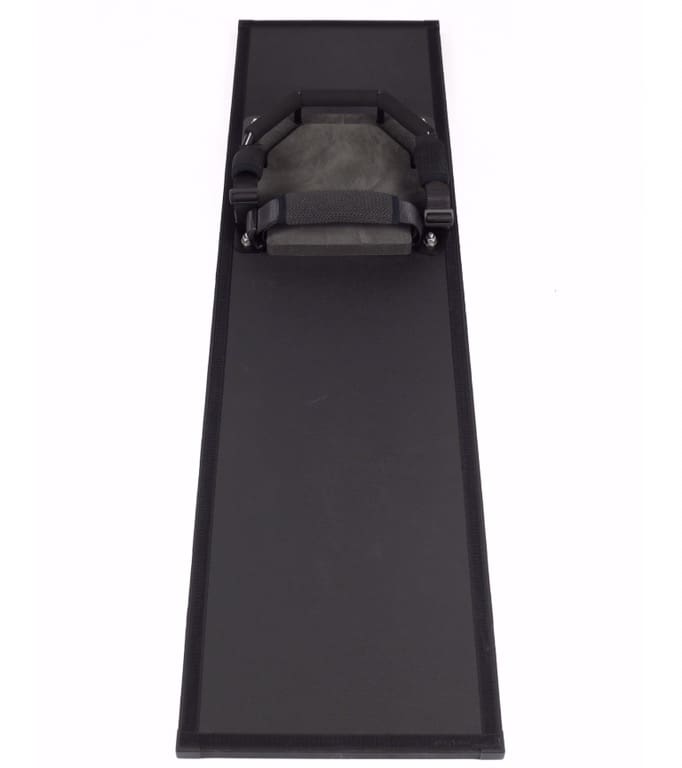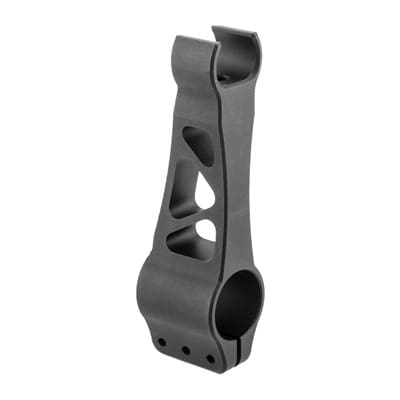Murray, UT – Operators Suppressor Systems LLC (OSS), developers and manufacturers of patented Flow-Through™ suppressor systems for military, law enforcement and sport shooters, announced that Jason Green has joined the company as Director of Operations.
Jason holds an Engineering degree from the United States Military Academy at West Point, with a focus on foreign languages. He also holds an MBA from Arizona State University.
Prior to his industry work, Jason held the rank of Captain, serving as an Armor Officer in the U.S. Army, European Command. As a Tank Platoon Leader, he led the first tank battalion into Kosovo and returned for a second deployment as an Area Support Team Commander.
Jason brings well-rounded industry experience to OSS. Previously, he was a Sales Representative for Johnson & Johnson’s Ethicon Endo-Surgery division, where he built key relationships with surgeons to deliver cutting-edge technology to their practices. He served as a Project Manager and Senior Engineer for Freeport-McMoRan Copper and Gold, spearheading projects in the Southwest. He was a Test Engineer at Yuma Proving Ground, where he managed multiple programs for military combat vehicle platforms. Before joining OSS, he was an Engineer with the Intel Corporation.
“Jason Green brings a wealth of leadership experience, positive energy and focused results to OSS,” said John Spurrier, CEO of OSS. “Jason joins the OSS team of talented, driven, and accomplished engineers, manufacturing, sales, and marketing personnel who are tasked with delivering OSS’s unmatched suppressor quality and performance to our dealers, partners, and customers.”
“I’m excited for the opportunity to leverage my experience at OSS to transform our company into the leading suppressor manufacturer in the industry,” Green, added. “It’s exciting to deliver our product to my fellow armed services personnel, law enforcement, and the commercial market, who realize the benefits of a technologically-superior solution”.


